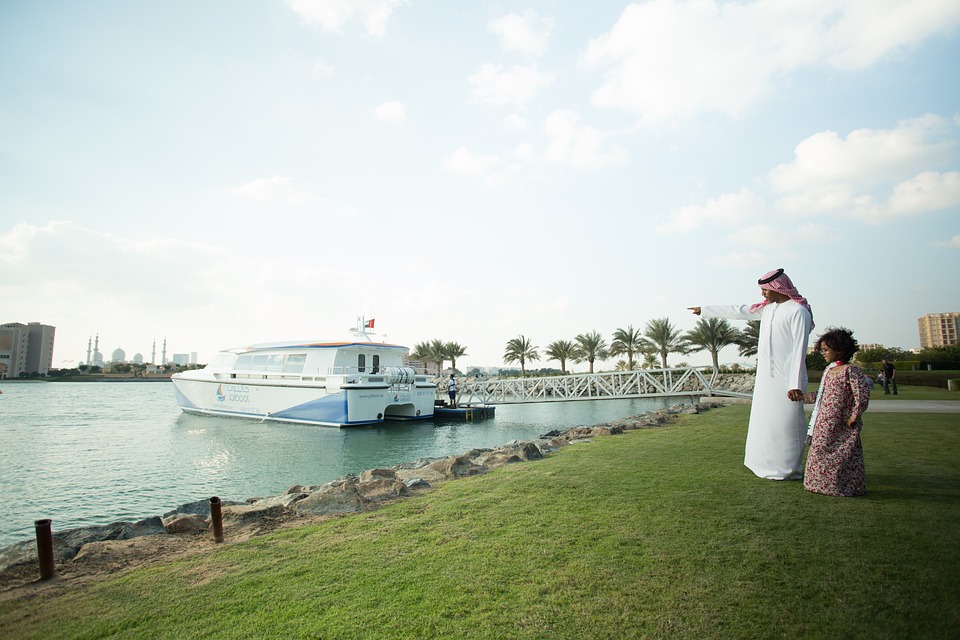Gulf hospitality operators looking to increase their share of the growing Halal tourism market should diversify and digitize their offerings to suit younger generations of Muslim travelers, according to experts speaking at Arabian Travel Market (ATM) 2019.
With the GDP impact of Muslim travel in the Middle East on course to hit USD36 billion by 2020 – up from USD30,5 billion in 2017, according to Salam Standard – Halal tourism represents a lucrative prospect for GCC hospitality brands. The segment is expected to create 1,2 million regional direct and indirect jobs by 2020.
Representatives from Wego, DinarStandard, Shaza Hotels, Tripfez, Serendipity Tailormade, Mosafer C by Ummah Collaboration, holidayme, Orange County Visitors Association, Cape Town Tourism and Japan National Tourism Organization (JNTO) explored ways to tap into the growing segment of Gen Z and millennial travelers at the Global Halal Tourism Summit 2019, which took place on ATM’s Global Stage.
Mamoun Hmedan, managing director, MENA and India, Wego, said, “There are new destinations popping up out of nowhere. Developers are building properties from scratch, with halal-friendly offerings that are designed to appeal to younger generations of Muslim travelers.” He added, “Wego does a lot of work on social media and collaborates with tourism boards to educate people about the opportunities available to them when they travel. We make sure we always have options for our customers to look for properties near to mosques or attractions that may be of interest to Muslim travellers.”
Approximately 41 percent of Muslim travelers’ global outbound spending comes from the UAE and Saudi Arabia, according to figures released by Salam Standard. The Middle East’s total outbound spend is projected to grow to USD72 billion by 2020.
In addition to emerging trends such as eco, ethical, all-female, experiential, gastro and adventure tourism, panelists also discussed digitization and success stories from ‘non-Muslim’ destinations such as Orange County, Cape Town and Japan.
Industry-wide investment in halal tourism-related travel technology currently stands at approximately USD40 million, according to research conducted by DinarStandard. Panelists agreed that this figure is likely to grow further in the future, as younger Muslim travelers continue to drive innovation in online services.




















Completely agreed. I look at online efficiency when I book anywhere.